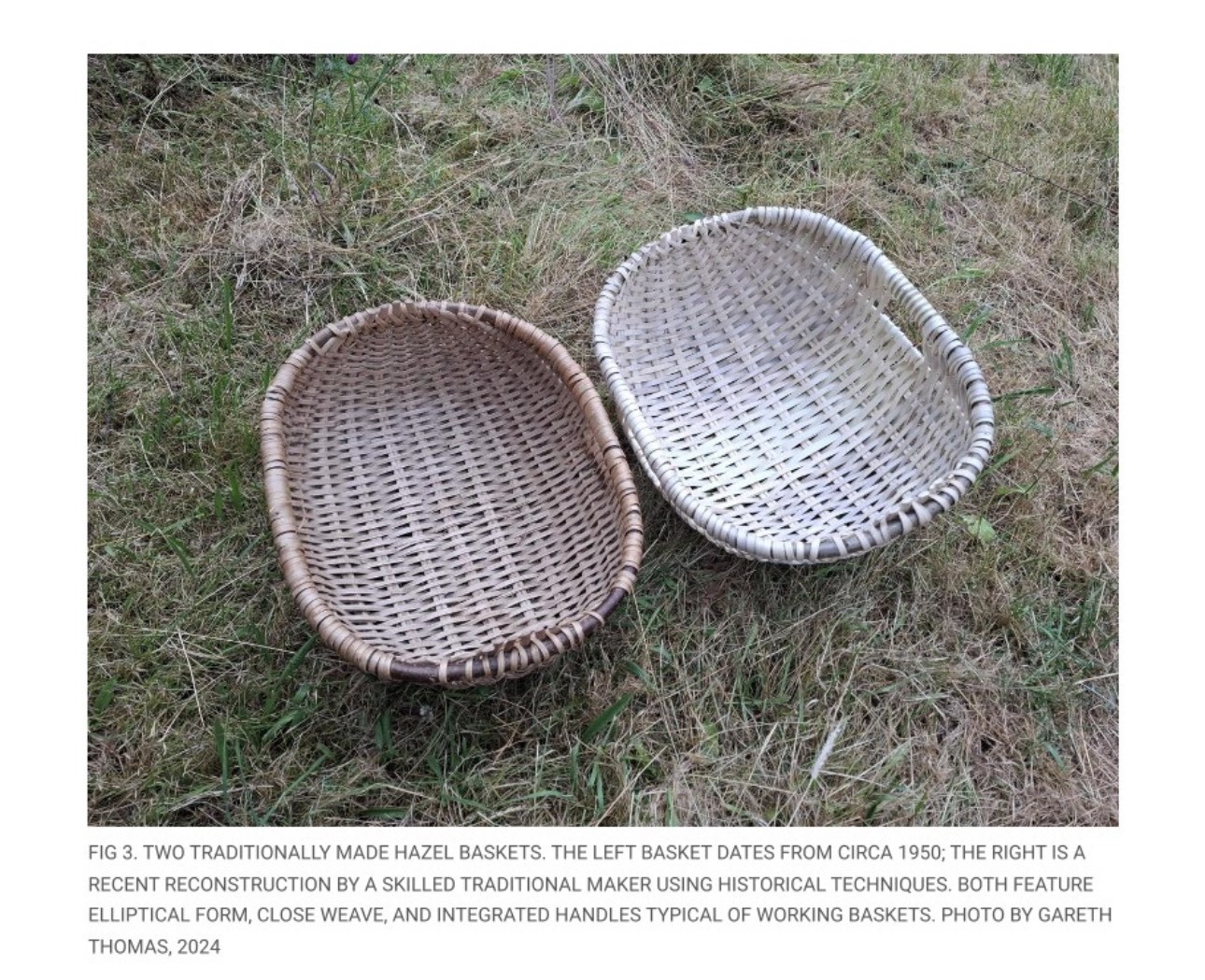
Posted in News on Apr 01, 2025.

News from the BRIDGES Hub for Planetary Wellbeing, University of Cologne of a new project (DFG funded).
Project Title: The 'Encroaching Bush': Political Ecology, Local Ecological Knowledge and the 'New Commons' in Namibia's Communal Areas
Person(s) Diego Menestrey Schwieger (Global South Studies Center, GSSC)
Date/Time: Funding Period of three years, starting in September 2025
Location: (Classen-Kappelmann-Str. 24, 3rd floor, 50931 Cologne )
Link: https://gssc.uni-koeln.de/forschung-1/verbundprojekte/encroaching-bush
Abstract/further info:
Pastoral systems in drylands around the world are increasingly affected by "bush encroachment" (BE) – a phenomenon in which palatable grasses and shrubs are replaced by encroaching woody species of little or no benefit to cattle, thereby reducing land accessibility for livestock. Despite the global scale of these ongoing rangeland degradation processes as part of the Anthropocene, which have direct implications for pastoral livelihoods, little attention has been paid to the socio-anthropological dimensions of this phenomenon. This situation applies in Namibia, where the magnitude of the BE problem is such that the government has recently termed it a "national disaster". Despite the obvious urgency, critical aspects related to the socio-economic causes and consequences of BE, local knowledge, and methods to control BE, including the impact of state-led initiatives to address BE, remain poorly understood.
The main objective of this project is to describe and evaluate the whole process chain, from the initial occurrence of BE and its impact on local communities through to the knowledge and solutions applied to manage BE. This procedural approach is reflected in three scientific sub-objectives:
1. to identify the causes and consequences of BE from a political ecology perspective
2. to determine the existence and use of local ecological knowledge to control BE
3. to examine how state-led initiatives to manage BE as 'New Commons' are adopted locally, including their socio-cultural effects.
To this end, the project involves a long-term socio-anthropological field research focusing on Namibia's eastern communal areas, particularly the Okakarara Constituency, which is mainly inhabited by OvaHerero pastoralists. The project will demonstrate the potential of environmental anthropology in BE research, and complement the natural science literature on land degradation in pastoral systems by shedding light on human dimensions of BE.


